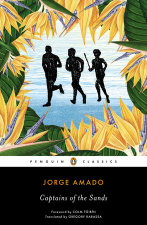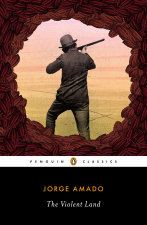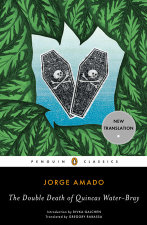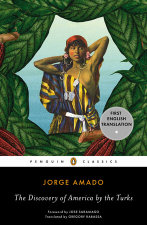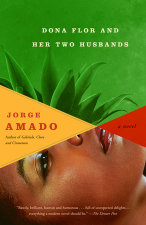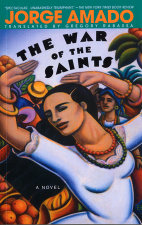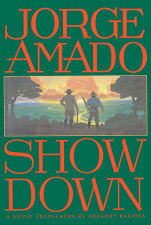Gabriela, Clove and Cinnamon

Ilhéus in 1925 is a booming town with a record cacao crop and aspirations for progress, but the traditional ways prevail. When Colonel Mendonça discovers his wife in bed with a lover, he shoots and kills them both. Political contests, too, can be settled by gunshot...
No one imagines that a bedraggled migrant worker who turns up in town–least of all Gabriela herself–will be the agent of change. Nacib Saad has just lost the cook at his popular café and in desperation hires Gabriela. To his surprise she turns out to be a great beauty as well as a wonderful cook and an enchanting boon to his business. But what would people say if Nacib were to marry her?
Lusty, satirical and…
Jorge Amado—novelist, journalist, lawyer—was born in 1912, the son of a cacao planter, in Ilheus, south of Salvador, the provincial capital of Gabriela, clavo y canela. His first novel, Cacao, was published when he was 19. It was an impassioned plea for social justice for the workers on Bahian cacao plantations; and his novels of the ’30s and ’40s would continue to dramatize class struggle. Not until the 1950s did he write his great literary comic novels—Gabriela, clavo y canela and Doña Flor y sus dos maridos—which take aim at the full spectrum of society even as they pay ebullient tribute to the region of his birth. One of the most renowned writers of the Latin American boom of the ’60s, Amado has been translated…
